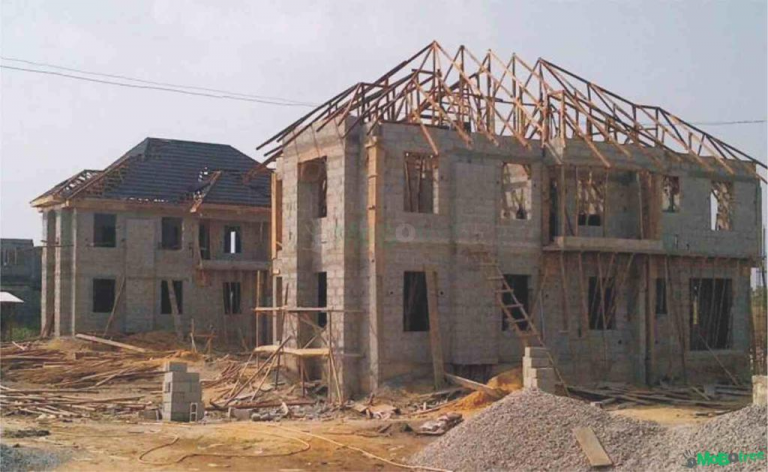
While certificate remains the key to enter a number of industries and companies, the general consensus is that skills and knowledge are the core elements of executing a number of tasks for personal and societal growth. From the south to west and east to the north of the world, skills and knowledge gap remain debatable among the stakeholders in the labour sector. For instance, there is a wide skills and knowledge in the area of lean and offsite construction between Nigeria and the United Kingdom.
In Nigeria, the shortage of technical skills and knowledge is impacting the built environment that comprises the real estate, construction, material manufacturing among other industries. This has been cited by experts as one of the reasons impeding the effective realisation of the Nigerian Content Act 2010.
The continuous impacts of the skills and knowledge deficit have led to the formulation and execution of a number of strategic plans by the government and private sector, emphasizing the need for a paradigm shift in approach to skills and knowledge development in Nigeria. This is imperative as Nigeria enters the first year of the next three decades, expected to spend $3 trillion to construct and maintain infrastructure effectively.
Register for Tekedia Mini-MBA edition 19 (Feb 9 – May 2, 2026): big discounts for early bird.
Tekedia AI in Business Masterclass opens registrations.
Join Tekedia Capital Syndicate and co-invest in great global startups.
Register for Tekedia AI Lab: From Technical Design to Deployment (next edition begins Jan 24 2026).
As companies in various industries and segments in the Nigerian economy continue their strategic retreats in preparation for the year 2020, information from the Chief Executive Officer of Alpha Mead Group, Engineer Femi Akintunde indicates that the company is working on an e-Learning platform that would make teaching and learning of various Facilities Management courses in the industry easier.

Adding to the discourse, Olusesan Ogunyooye, Alpha Mead’s Head of Marketing and Communications, says “Like you will see in our communications, the talent Outlook seeks to appraise the current human capacity in the FM market in Nigeria viz a viz the required capacity required to drive the profession to relevance in the face of growing importance of FM in business performance.” Mr Ogunyooye made the submission in an interview with our analyst ahead of the company’s Facilities Management Talent Market Outlook discussion slated for February 13, 2020.
Knight Nigeria is another company in the built environment, making frantic efforts towards skills and knowledge gap closing in Nigeria. The company is proposing Real Estate Academy with the special focus on training and retraining young surveyors and valuers to ensure they imbibe the professionalism culture, the Estate Surveying, and Valuation practice is known for.
Global Property and Facilities Management International (GPFI) is on the race with “The Tech E-SIP Programme. According to the Chief Executive Officer, Dr Kola Balogun, the programme is one of the company’s strategic responses to creating a maintenance economy rather than just training technical skills manpower.
“It is designed to develop highly skilled technical manpower, empower them with social and business skills, empower them with resources to start a business of their own – tools, equipment, van, connect and hand-hold them to business as they commence their journey to entrepreneurship, Support them for the first 2 to 5 years of their business life. We are talking to Bank of Industry, to finance the Van and tools for them,” the CEO said in a recent interview with a local newspaper.
As these companies pursue the race, our analyst observes a need for the prioritisation of aspirational mission stressed by Professor Ndubuisi Ekekwe. The young professionals and prospective ones, who are expected to be part of programmes for each initiative, should be informed of the significance of aspiring for greatness and being part of the journey of bridging the skills and knowledge gap in the built environment.



